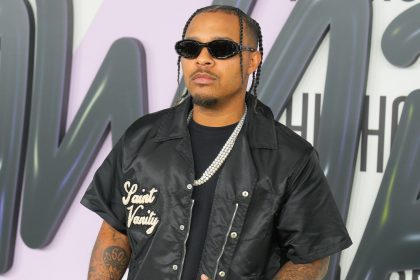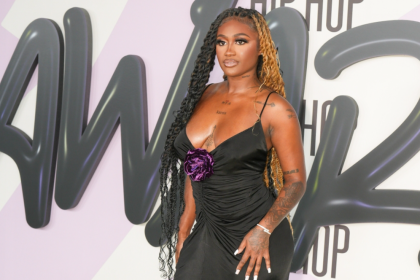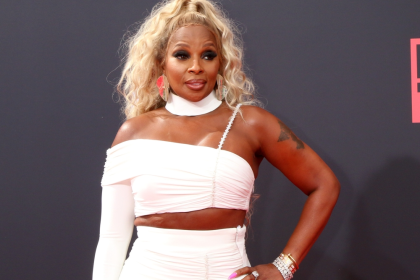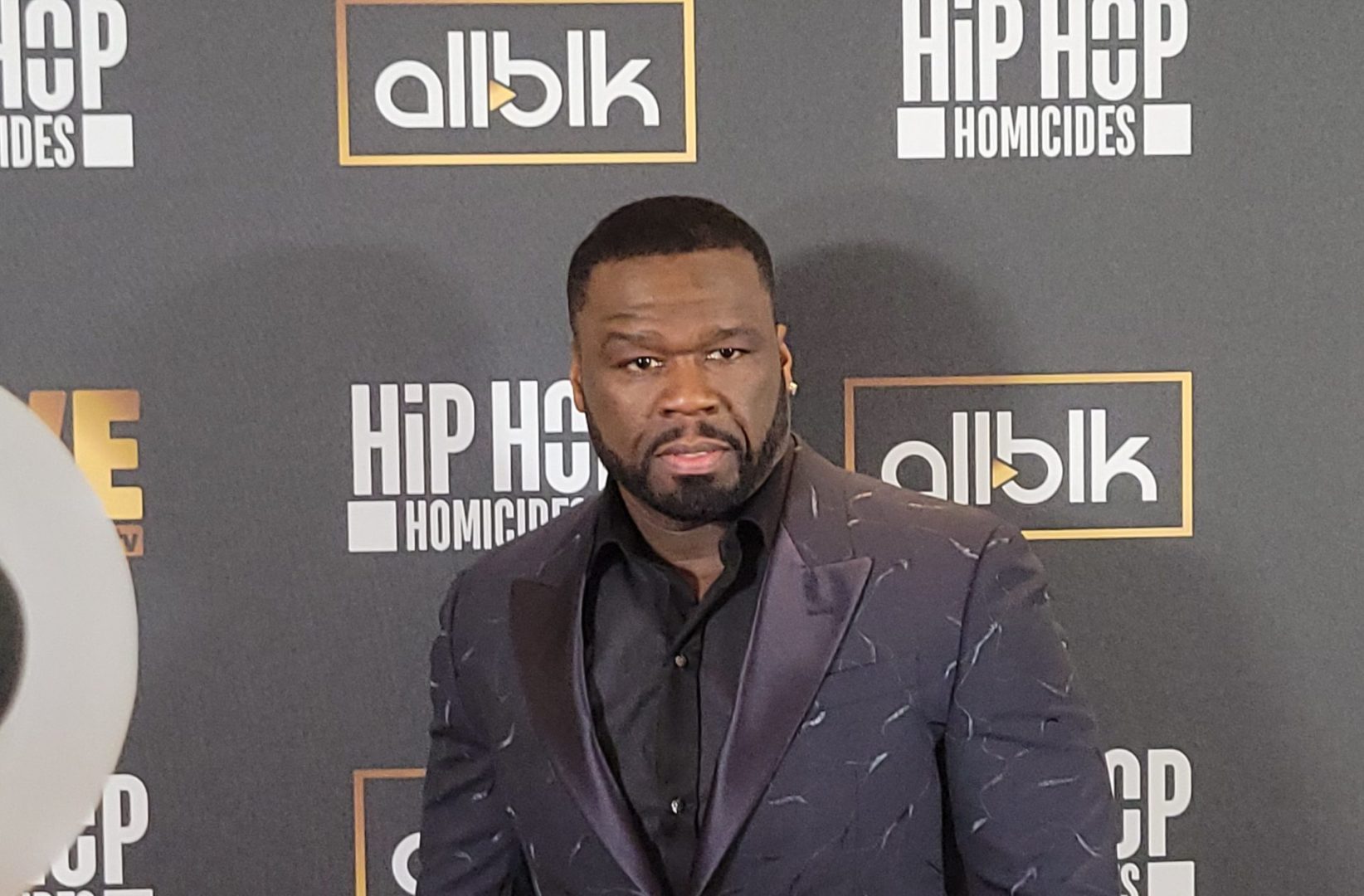 An artist’s social media presence is as imperative to their music career as records and performances. In 2012, it’s almost unthinkable for any rapper, singer or band to push themselves, as an indie upstart or as the newest sensation, without having working to bolster their Twitter following or Facebook page “likes.”
An artist’s social media presence is as imperative to their music career as records and performances. In 2012, it’s almost unthinkable for any rapper, singer or band to push themselves, as an indie upstart or as the newest sensation, without having working to bolster their Twitter following or Facebook page “likes.”
But what happens when a young artist exposes too much of themselves on social media, or tweets and posts with reckless abandon?
Such is the case with teenage Chicago rapper Chief Keef. The 18-year-old has been at the center — or on the periphery — of several social media-related controversies that revealed a young man who, at best, is prone to poor judgment, and at worst, is malicious and immature.
Shortly after the murder of another teenage Chicago rapper, Lil JoJo, a rival of Keef’s, Chief Keef tweeted a mocking reaction that resulted in a backlash from fans and media. He initially seemed unapologetic even in the wake of the harsh reaction, but Keef subsequently recanted his previous post. Later, Keef proceeded to post sexually explicit photos of himself with females and his associate, Lil Reese. The material later surfaced on video footage of him beating and stomping a girl reported to be his baby’s mother.
None of this is even acknowledging the violent imagery in Keef’s music, which is all the more troubling considering the ongoing killings taking place throughout his hometown of Chicago — most of which are perpetuated by young people that are around his age.
In the latest bit of controversy surrounding Keef, his one-time supporter, 50 Cent, tweeted that Keef failed to appear at his first major video shoot. Some have railed for Chief Keef to be dropped from his label, Interscope, but so far, despite the backlash and the bad press, the music giant hasn’t budged. But one has to hope that someone educates this young man on how to properly use social media sites to promote your music and your brand, without doing irreparable harm to your image and reputation. –stereo williams











